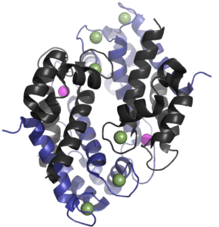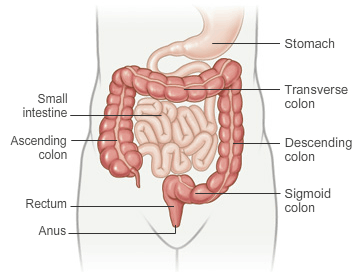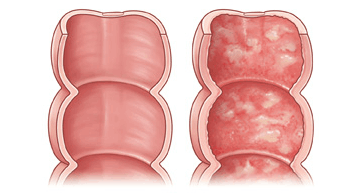CALPROTECTIN
The ideal tool to diagnose and monitor IBD patients
Calprotectin is the best marker for IBD. It is an established measure to discriminate IBD from IBS and a very valuable tool to monitor the disease course of IBD patients (Crohn’s and ulcerative colitis).



